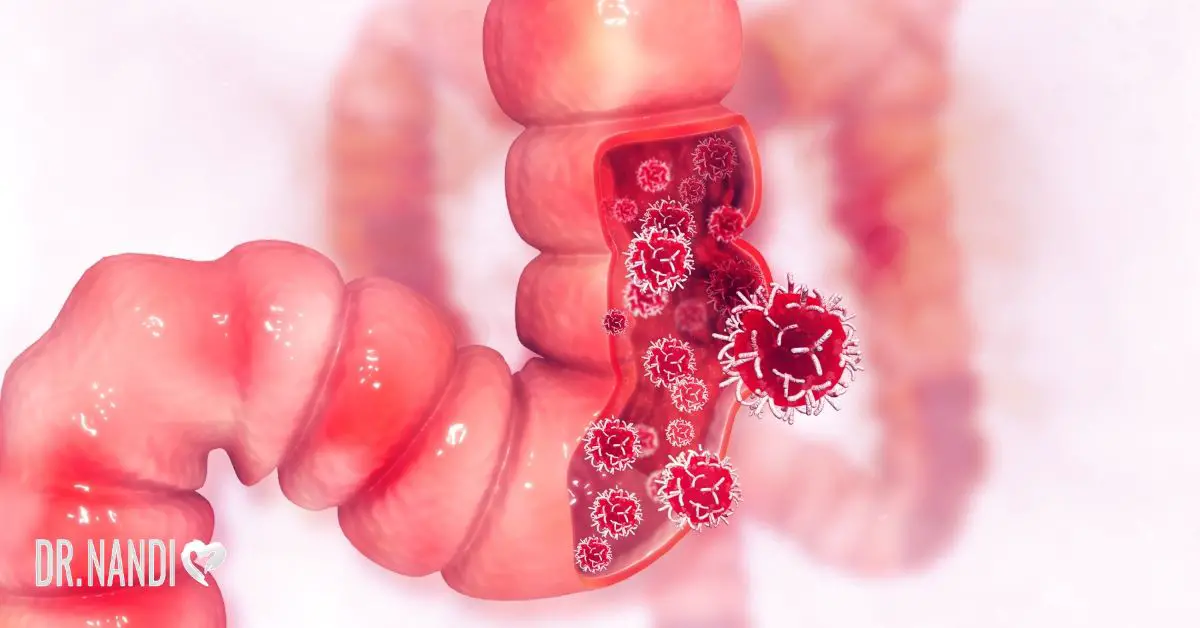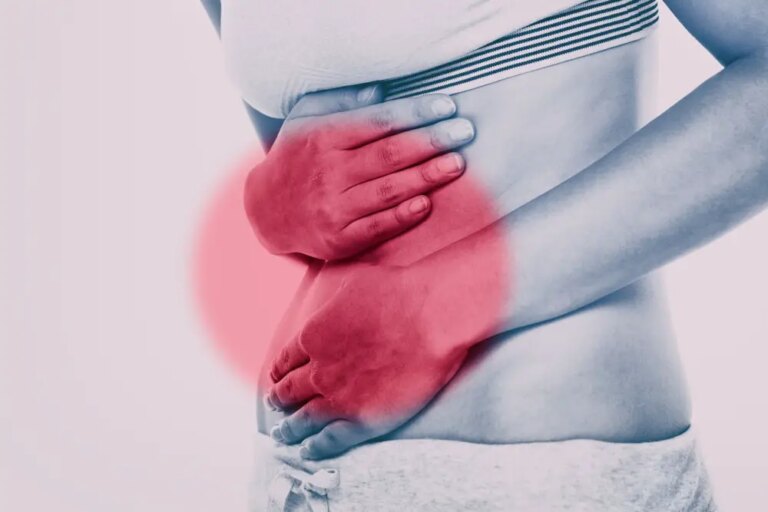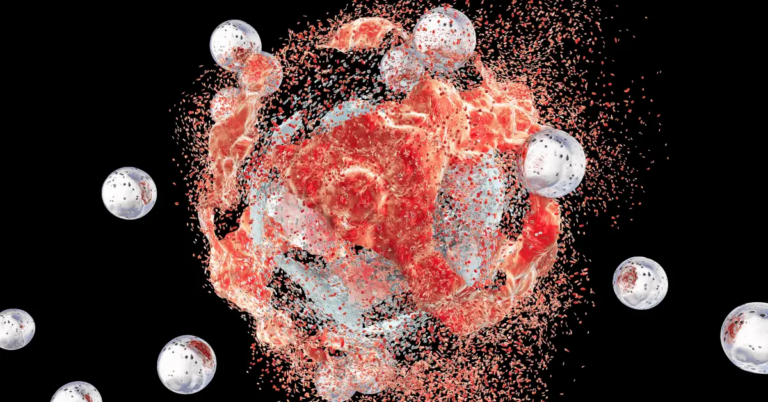Colon cancer is the third most frequently diagnosed cancer in men and women in the United States. It is also the second most common type of cancer that kills both men and women.
While colorectal cancer is not as deadly as other types of cancer such as lung, breast, or prostate cancer, it is still a serious disease with high mortality rates. Colorectal cancer has become the fourth leading cause of cancer death among young adults ages 20 to 39.
Preventing the spread of this disease is of paramount importance to us.
This article will explain how colon cancer affects young adults and why it is essential to get screened.
What Is the Latest Data?
The American Cancer Society (ACS) (1) says that people born in 1990 are twice as likely as those born in 1950 to get colon cancer and four times as likely to get rectal cancer (2). The most recent statistics, covering the years 2011 to 2016, show that the number of cases of colorectal cancer in people under 50 rose by up to 2% each year. And the colon cancer survival rate among younger individuals decreased as well.
While 90% of colorectal cancer cases are found in individuals over the age of 50, the incidence among younger people has increased significantly, owing to their 58 percent higher risk of being diagnosed with a later stage of the disease when it’s harder to cure.
Why Is There a Rise?
Studies show that lifestyle choices may play a role in the early onset of colorectal cancer. Also, there’s a lot of interest in determining why so many young people with colorectal cancer do not have the same genetic mutations linked with this form of cancer in older individuals. Studying how tumors in younger patients are molecularly different from those found in older people might offer clues on how to improve and focus therapy.
Researchers also say that colorectal tumors (3) are often detected too late because symptoms are vague and easily confused with other health conditions. So, early detection through screening tests could help prevent many colorectal cancers.
American Cancer Society recommends getting colorectal cancer screening starting at age 45.
Risk Factors for Colorectal Cancer
There are several factors affecting the increase of colon cancer, such as:
Family History
Your family history (4) is essential when it comes to colorectal cancer risk. If you have a close relative diagnosed with colorectal cancer, you’re at greater risk than someone who doesn’t.
Poor Diet
Poor diet plays a significant role in the development of colorectal cancer. Dietary habits include eating red meat, processed meats, fried foods, refined grains, and other environmental factors (5). These foods contain heme iron, which increases the risk of developing colon cancer.
Smoking Habits
Smoking is bad for you. Period.
Regardless of the type of smoking habit, the health risks associated with smoking are well documented. And the risk increases when you combine smoking with certain lifestyle factors, including diet, physical activity, alcohol consumption, and stress.
Obesity
Obesity and excess body fat are both linked to colorectal cancer. A recent study showed that obesity at an early age might increase the risk of developing colorectal cancer later in life.
Ulcerative Colitis
Ulcerative colitis (6) is a disease of the intestines that causes inflammation and sores in the colon that last for a long time. You need to see your doctor regularly to check for this disease because it may lead to colorectal cancer.
What Are the Symptoms of Colon Cancer?
If you’re concerned about getting colon cancer, here are some common symptoms to watch out for:
- Blood in the stool
- Persistent abdominal pain
- Weight loss
- Changes in bowel habits (7)
- Rectal bleeding
- Changes in bowel movement
- Anemia (low red blood cell count)
- Constipation
- Diarrhea
How Colon Cancer Is Diagnosed and Treated
While colon cancer is usually diagnosed at later stages, early detection is critical because treatment options are limited once the disease progresses.
Early detection requires regular screening tests, including fecal occult blood testing (FOBT) and sigmoidoscopy. FOBT is a simple test that detects blood in stool samples. Sigmoidoscopy is a procedure that allows doctors to view the inside of the large intestine.
Both tests are available through primary care physicians, who may recommend them based on age, family history, race/ethnicity, gender, weight, smoking status, and certain medical conditions.
Are There Any Ways You Can Reduce Your Risk?
There are ways to reduce your risk of developing colorectal cancer. Eating a lot of fruits and vegetables lowers your risk of colon cancer (8). Avoiding red meat and processed meats also lowers your risk.
Another way to lower your risk of colorectal cancer is to exercise regularly. Exercise increases your body’s production of detoxifying enzymes, which help remove toxins from your system.
Lastly, drink plenty of water each day. Water flushes out toxins and keeps your digestive system clean.
If you’re at risk of developing colon cancer, talk to your primary care physician about getting an earlier screening. Screening tests detect early signs of colorectal cancers. Early detection means better chances of survival.
One way of reducing your risk of colon cancer is knowing which toxic ingredients to avoid. Now, I know it is hard to do this all the time, but fortunately, I’ve come up with a comprehensive list of toxic ingredients that you can print out and bring with you when you go food shopping. It’s FREE, and you can get your copy here.
Eating the right food is one way to reduce your risk of colon cancer. That’s why I’ve come up with this cookbook full of recipes containing cancer-fighting ingredients. Get your FREE copy of the Superfood Cookbook.
References:
- Colorectal Cancer Rates Rise in Younger Adults
- Hollings researchers studying rise of colorectal cancer in young people and why minorities are more vulnerable | MUSC Hollings Cancer Center
- Young Adults and the Alarming Rise of Colorectal Cancer: New Insights from Memorial Sloan Kettering Experts | Memorial Sloan Kettering Cancer Center (mskcc.org)
- Solving the Mystery of Why Colorectal Cancer Is on the Rise in Young Adults – The ASCO Post
- Colon cancer in young people on the rise – UCHealth Today
- Millennials are now more at risk for colon cancer. But should they be screened for it? – Tufts Medical Center Community Care (hhma.org)
- Colon Cancer Signs in Young Adults Often Dismissed (webmd.com)
- Colon Cancer Is Skewing Younger | Columbia University Irving Medical Center




















